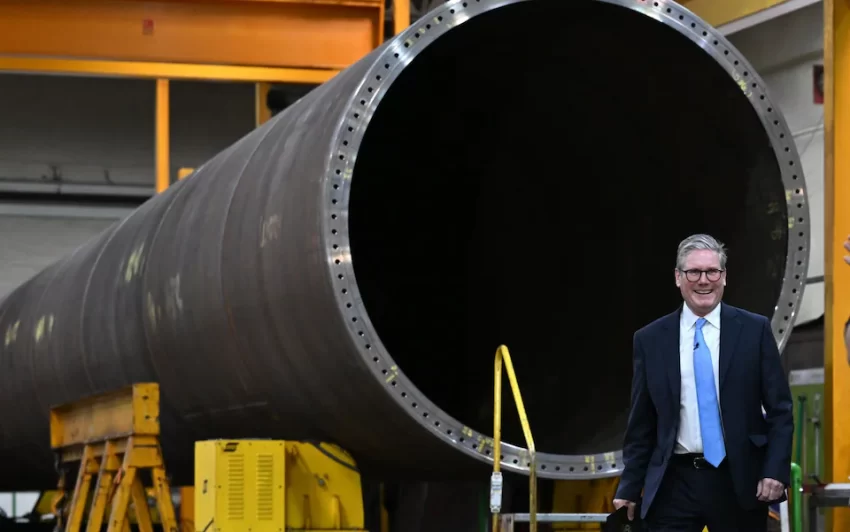Business
Labor Chancellor Rachel Reeves announces financial shortfalls of £19 billion and outlines plans for tax rises

Chancellor Rachel Reeves is preparing to reveal a £19 billion shortfall in the public finances, laying the groundwork for an expected tax rise in the autumn.
The announcement comes as she assesses the budget problems inherited from the previous Conservative government.
According to Whitehall sources, an early audit for the 2024-2025 financial year has identified around £19 billion of “excessive pressure”. These pressures include the need for higher wages in the public sector, as Reeves is expected to approve several inflation-adjusted wage deals.
The financial review, which will be presented in Parliament next Monday, will include a detailed report on the state of each department’s public finances. Reeves is also expected to announce the date of her first budget on the same day. The Ministry of Finance will publish an unadorned assessment based on the latest departmental figures.
A Whitehall source commented: “They are not simple calculations because many departments are making many different assumptions.”
Policy experts have expected Reeves’ announcement for several months, although Labor avoided detailed discussions during the general election campaign about the budget issues that would bring them to power. Sources indicate that the exact figure for the financial deficit is not yet definitively known and could be adjusted through efficiency savings or by postponing or limiting certain projects.
Experts have warned that the Chancellor may have to raise taxes by as much as £25 billion this autumn to ease the significant spending pressure left by her Conservative predecessor, Jeremy Hunt. Reeves will determine how to tackle the £19 billion deficit as she works with Treasury officials to discuss government spending in preparation for the budget.
Labor leader Sir Keir Starmer has vowed there will be no return to austerity, citing the severe cuts introduced by George Osborne when the Coalition came to power in 2010. Any permanent spending increases will impact the chancellor’s ability to meet budget rules, which require debt. share of national income will fall at the next general election.
Despite the difficult decisions ahead, Reeves is expected to approve several above-inflation wage deals next week to prevent further strikes by public sector workers. Officials are currently investigating what expenses can be accommodated within existing budgets.
A former Whitehall official explained: ‘Departments routinely overbid by billions of pounds and then underspend. Programs are then postponed or under-enrolled, so payments are not necessary. And departments do indeed find efficiency savings when the Ministry of Finance encourages them to do so. Reeves could also make an active choice to delay or limit something.”
The size of the tax increases in the Budget will also depend on the economic outlook provided by the Office for Budget Responsibility (OBR) in the previous weeks. During the general election campaign, Labor promised not to increase income tax, national insurance or VAT. However, there are concerns that the party will consider changes to pensions or inheritance tax.
Sir Keir Starmer has hinted at the possibility of higher taxes, citing a more serious financial crisis than initially expected. Business Minister Jonathan Reynolds has claimed that key commitments from the previous government have not been properly incorporated into departmental budgets. He noted that some of the funding for these commitments came from a £9.2 billion Treasury reserve, which was typically used for contingency spending pressures.
Reeves signaled last week that she was willing to approve pay increases of up to 5.5% for millions of public sector workers, despite inflation of 2%. This exceeds current 3% plans, but is considered necessary to prevent further industrial action by doctors and teachers. It is rare for ministers to ignore the recommendations of pay review bodies.
The OBR has highlighted that central government spending this year is already £4.7 billion above March forecast, while tax revenues are lagging. The International Monetary Fund (IMF) warned in May that the Chancellor would have to implement £30 billion in spending cuts or tax increases to stabilize debt levels, as current spending plans of 1% above inflation were deemed unrealistic.
A Treasury spokesperson said: “The Chancellor has instructed civil servants to provide an assessment of the state of the Government’s spending legacy, which will be presented to Parliament before the summer recess.”











